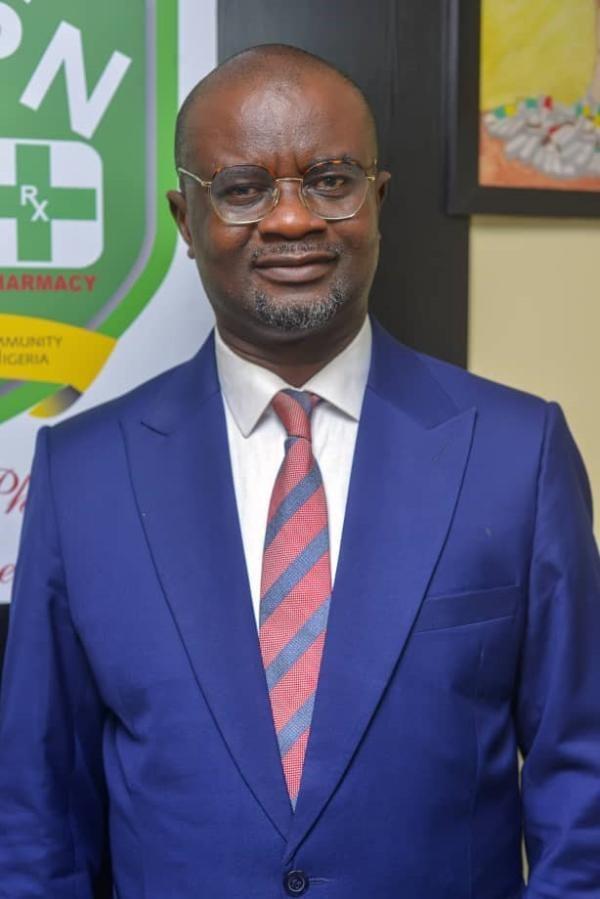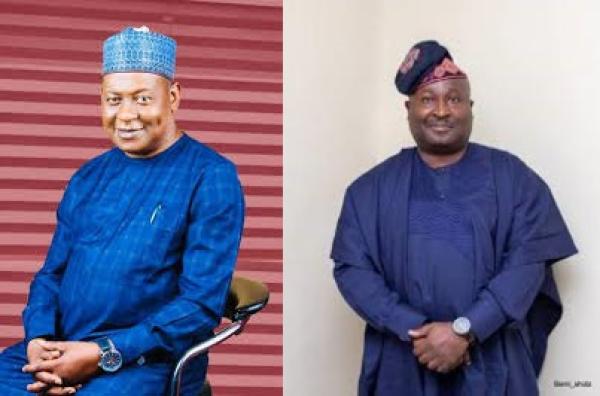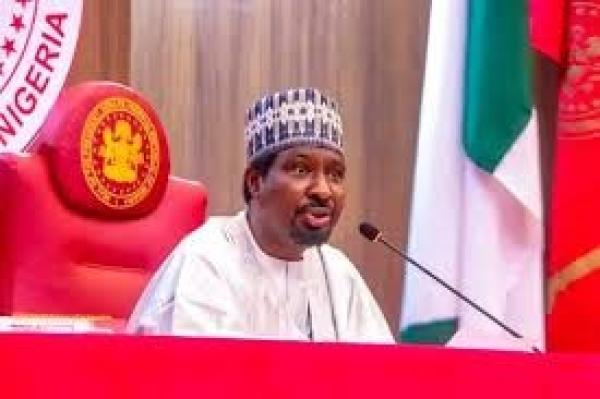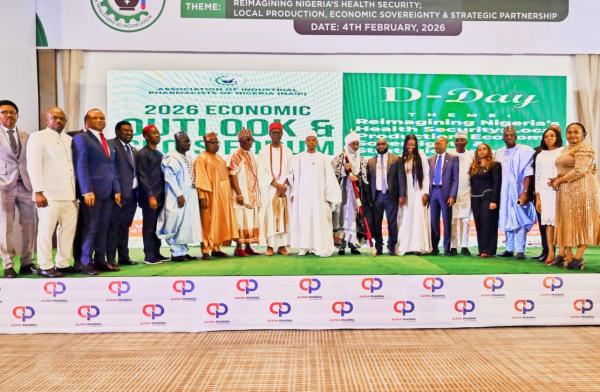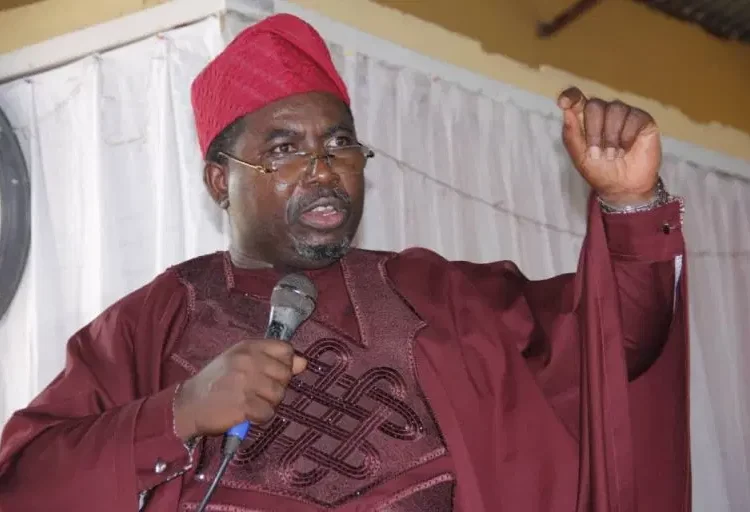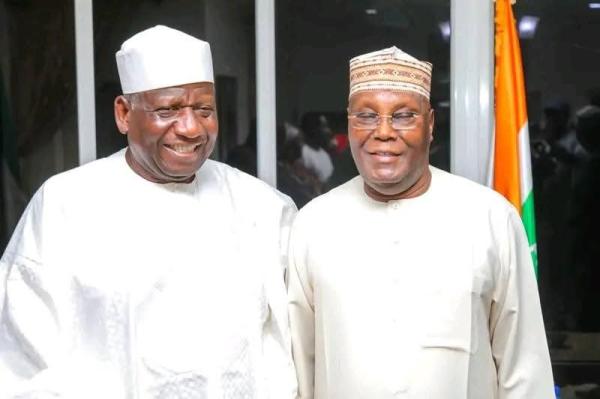
When the election petition tribunal between Abiola Ajimobi; the incumbent governor of Oyo State and Senator Rasheed Adewolu Ladoja of the Accord party resumes on Tuesday, July 21, it is either the counsels of both parties cock their guns in readiness for an explosive legal proceeding or the supporters of the petitioners go home with the growing apathy and disillusionment that they have been inured to in the last one month.
With regards to the sub judice rule, it would be utterly contemptous to assume that the the counsels of the All Progressive Congress (APC), the Independent National Electoral Commission and that of the incumbent governor are in an alliance since they all are representing the defendants. The lingering absence of a substantive chairman to superintend the proceedings in the last one month however provides the raison d’etre why the next sitting would be sensational should the chairman resume.
One moment that vividly struck my attention in the last sitting was when the lead counsel of the Independent National Electoral Commission (INEC) stated that they were ready to defend the state's gubernatorial election which was widely acclaimed as free and fair. Such reflection of an emboldened presence of perspective might probably serve as a leverage which the counsels of the governor and the APC might want to bank upon in the long run. That nonetheless brings the sociological definition of what a free and fair election actually means to the fore. When elections are credible, legitimate and participatory, political scientists tend to describe them as being free and fair. Such direct correlations could be misleading going by the fact that no election in the world is free and fair when perceived from the most realistic sense.
While the counsels of the petitioners and defendants were busy ironing out the propriety or otherwise of when the tribunal should sit again, the publicity secretary of Accord party; Mr. Nureni Adeniran was visibly fuming where he sat. His agitations were quite understandable considering his partisanship and the need to salvage the apathy of his party’s supporters. The garish display and jeers being pelted at Pastor Richard Ogunwole; the lead counsel of the petitioner perhaps, constituted the bulk reason why Mr. Nureni Adeniran could not stomach his frustration and then had to call for a press briefing after the sitting. Pastor Richard Ogunwole, being a senior in the profession, brought his professionalism to the fore and sagaciously shied away from questioning the fairness of the judiciary since the petition began. He however understood how delicate the time span available for the tribunal was and that accounted for the uneasiness which was palpable on his face.
One could infer from the gale of vituperations vented by Mr. Adeniran that in his own light, the long absence of a petition chairman to superintend the petition tribunal is owing to the Machiavellian exertion of plots and schemes by powers that be. While the influence of certain machinations may not be completely ruled out, it should be noted that such contemptuous remark questions the element of judicial independence which is a prerequisite to the rule of law and a fundamental guarantee of a fair trial. Whether that will eventually haunt the slim fortunes of his party would be known as further events unfold.
Should the substantive chairman approved by the President of the Federal Court of Appeal resume on Tuesday, loyalists of both parties would hope to see their seemingly interminable acrimony being approached headlong. It would also afford observers the avenue to know if the onus probandi which the petitioners claim to be in their possession is profound enough to match the gravitas of the incumbent governor who has two other defendants in his bloc.
In an attempt to toe a philosophical trajectory at this juncture, I would like to remind my readers that the political terrain in Oyo State is no alien to political controversies. Governor Ajimobi as well was once at the receiving end and that was during his first attempt for the coveted seat at Agodi.
The cherished memoirs of the nation’s political history would not be complete without due reference to the administrative capital of Oyo State which was the thrust of the political turmoil that eventually led to the termination of the first republic. This overwhelming significance even dates back to pre-colonial times. Not so long after the fall of the revered Oyo Empire, Ibadan took over as the most powerful state in the Yoruba land. Her armies were lionized by other vassal states and much loathed by the Fulanis’ who perceived the warriors of Ibadan as the ‘Pharaohs’’ against their preoccupation of the Yoruba hinterlands.
The armies of Ibadan were so powerful that the Ibadan state soon launched its imperial ambition to other parts of the Yoruba land. Thus, when it dawned on other Yoruba states that the Ibadan hegemony could lay an irrevocable yoke on them if not curtailed; they all rallied round and formed the Ekiti parapo alliance to bring an end to the Ibadan dynasty.
The Fulani Empire which saw the ensuing unrest as in the Southwest as an avenue to get even with Ibadan and by extension, consolidate its imperial ambition quickly lent military support to the Ekiti parapo. The waves of revolt named kiriji war lasted 16 years and went down as the longest civil war of pre-colonial times. I digress.
With barely 24 hours left before the next tribunal sits, the one million dollar question remains if the substantive chairman would eventually resume or not? Oyo State awaits its own political el-classico.












